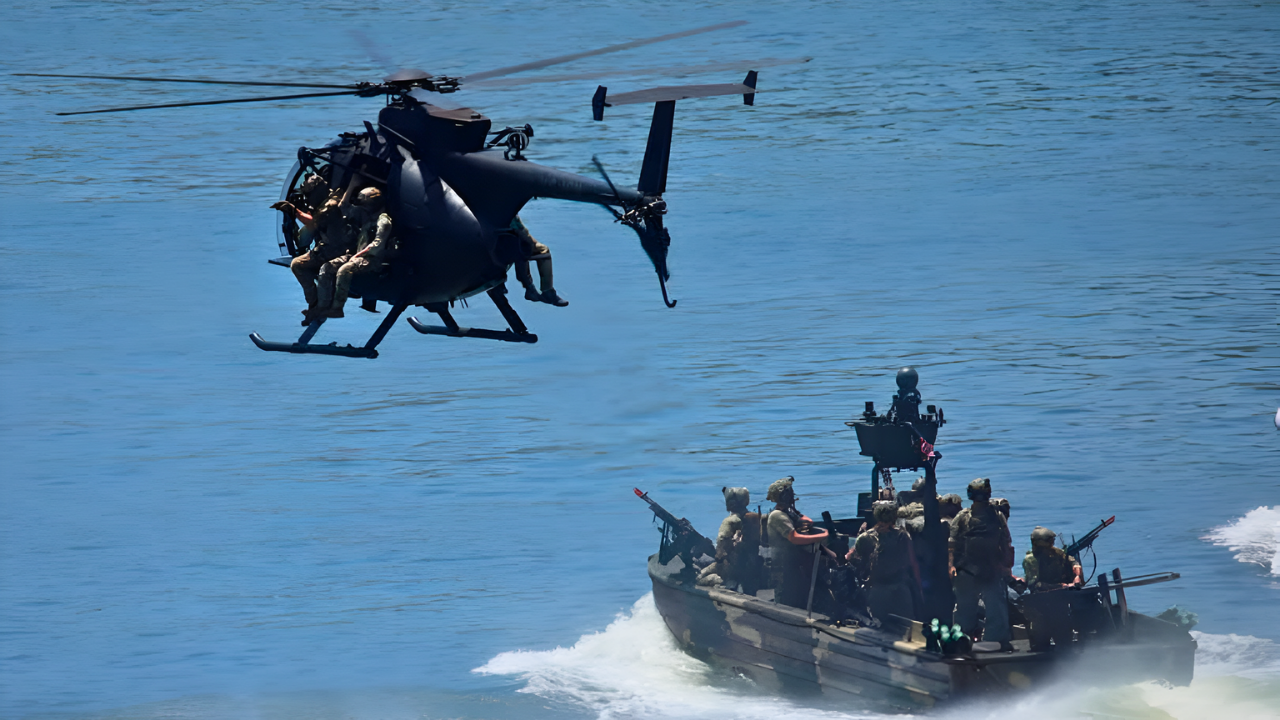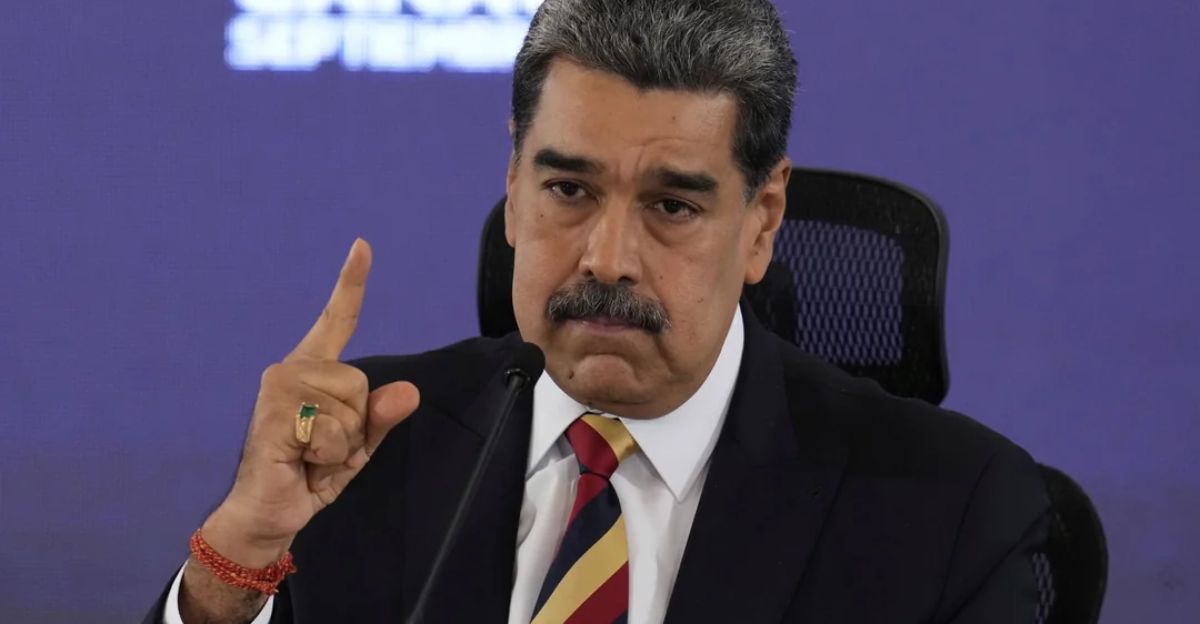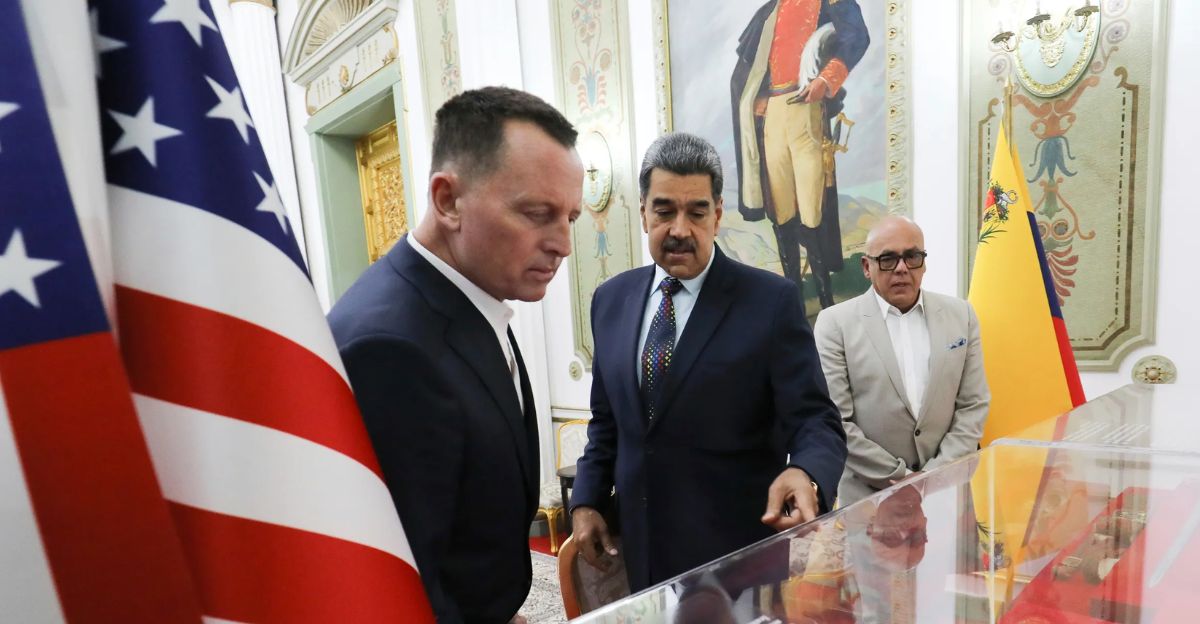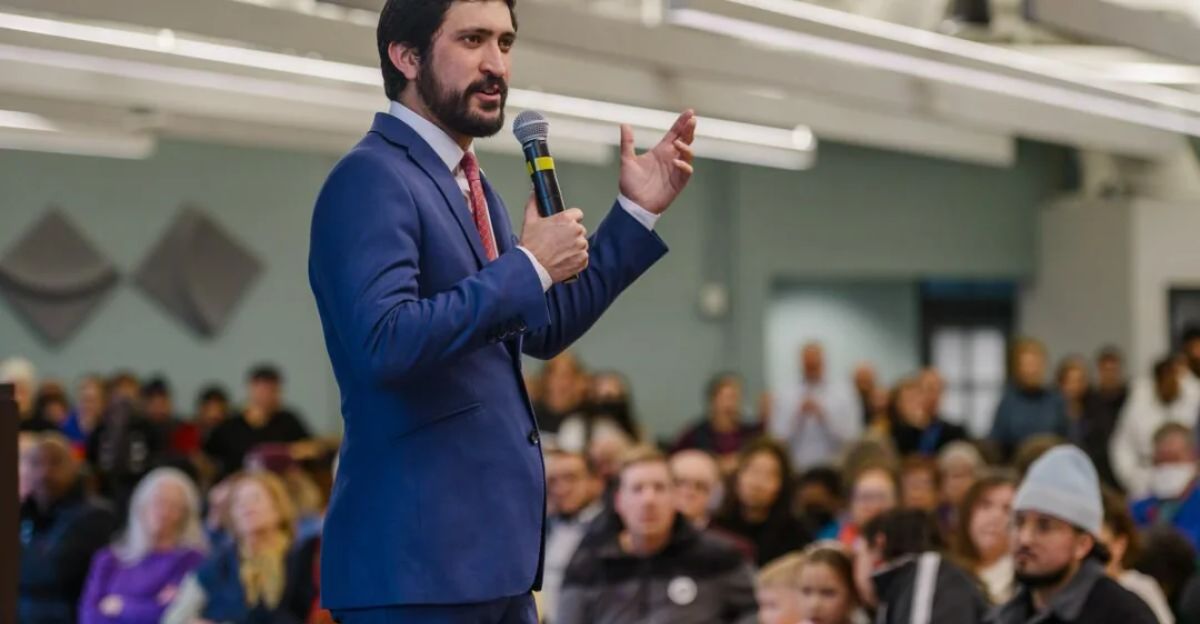
The Caribbean has become a tinderbox of military escalation. More than 10,000 American troops now operate across the region—from guided-missile destroyers cutting through the waters to stealth fighters positioned in Puerto Rico—marking the most visible confrontation between Washington and Caracas in decades.
Overwhelming Military Presence
The scope of the deployment commands immediate attention. Eight warships, including guided-missile destroyers and a nuclear-powered submarine, patrol the basin. The Iwo Jima Amphibious Ready Group brings 4,500 Marines within striking distance, while B-52 bombers have flown operations within 53 miles of Venezuelan airspace.
Most significantly, the 160th Special Operations Aviation Regiment—the elite “Night Stalkers” unit that conducted the 2011 raid capturing Osama bin Laden—now positions attack helicopters just 90 miles off Venezuela’s coast. MH-6 Little Birds and MH-60 Black Hawks operate near oil platforms, conducting drills suggesting preparation for potential ground operations. Supporting this network, the MV Ocean Trader, a nondescript commercial vessel, serves as a mobile command center for Navy SEAL teams, obscuring the American military footprint behind ordinary shipping traffic.
Authorized Covert Operations

On October 15, President Trump publicly confirmed what had circulated in intelligence circles: the CIA operates under explicit authorization for covert missions inside Venezuela. His reasoning was direct. “I authorized for two things really,” Trump said.
“Number one, they have emptied their prisons into the United States of America…and the other thing, we have a lot of drugs coming in from Venezuela.” This presidential sanction represents a critical threshold, extending CIA authority to conduct potentially lethal operations with explicit government backing—a departure from the ambiguity that typically surrounds covert action.
Venezuela’s Escalating Response

Caracas has mobilized with corresponding force. In August, President Nicolás Maduro announced the deployment of 4.5 million militia members, declaring forcefully: “no empire will invade the sacred soil of Venezuela.”
The defense ministry deployed Russian-made air defense systems and initiated joint military exercises involving both armed forces and civilian militias. The rhetorical and military posturing signals that Venezuela views the American buildup not as bluster but as a genuine threat requiring comprehensive national mobilization.
The Collapsed Diplomatic Channel

Before escalation dominated the relationship, an unlikely opening had emerged. Maduro offered Trump preferential access to Venezuelan oil, suggesting American contracts could receive priority while exports to China could be rerouted northward. Trump rejected the proposal. The diplomatic window closed as military pressure intensified.
The Biden administration had already raised the bounty on Maduro from $25 million to $50 million, while Attorney General Pam Bondi branded him “one of the largest narco-traffickers in the world.” Secretary of State Marco Rubio reinforced the hardline framing, insisting the cartels “represent an immediate threat” to American national security.
The Paradox of Force
Military analysts have identified a peculiar contradiction: the assembled force exceeds requirements for targeted strikes but falls dramatically short of what a full-scale invasion would demand. As military observers noted for CNN,
“The military presence in the Caribbean is too big for just hitting a few speedboats, though it is not big enough for an invasion.” This mid-range positioning leaves the ultimate objective ambiguous—whether these operations target specific cartels or represent preparation for broader regime change efforts.
Congressional and Global Complications

Pushback from Congress has mounted. Senators have introduced War Powers Resolutions requiring congressional approval before military action, and Representative Greg Casar warned that Trump “must not be permitted to embroil the United States in another protracted conflict,” invoking the troubled history of CIA-led interventions in Guatemala, Chile, and Panama.
Internationally, the stakes grow more complex. China, Russia, and Iran collectively face billions in oil investment losses should Maduro’s government fall—a reality that transforms a bilateral crisis into a potential proxy conflict involving superpower competition.
The Uncertain Calculation
With CIA operatives cleared for lethal missions, Night Stalkers positioned within striking distance, and eight warships maintaining constant pressure, the Western Hemisphere faces its most volatile flashpoint since the 1989 Panama invasion.
Whether military force represents the only viable option after failed diplomacy, or whether intervention risks unleashing the instability it aims to contain, remains the defining question confronting policymakers and military planners.